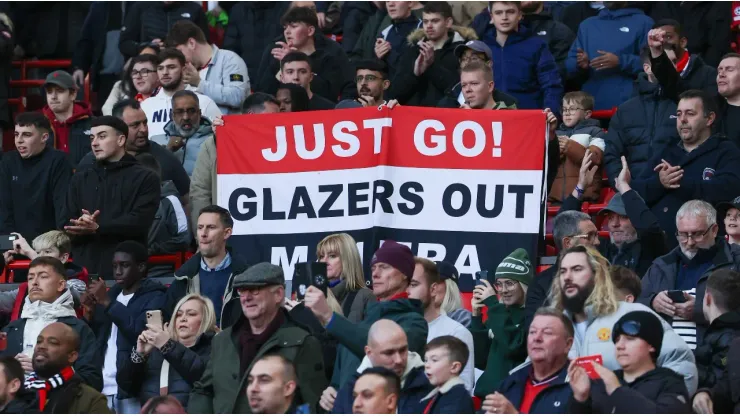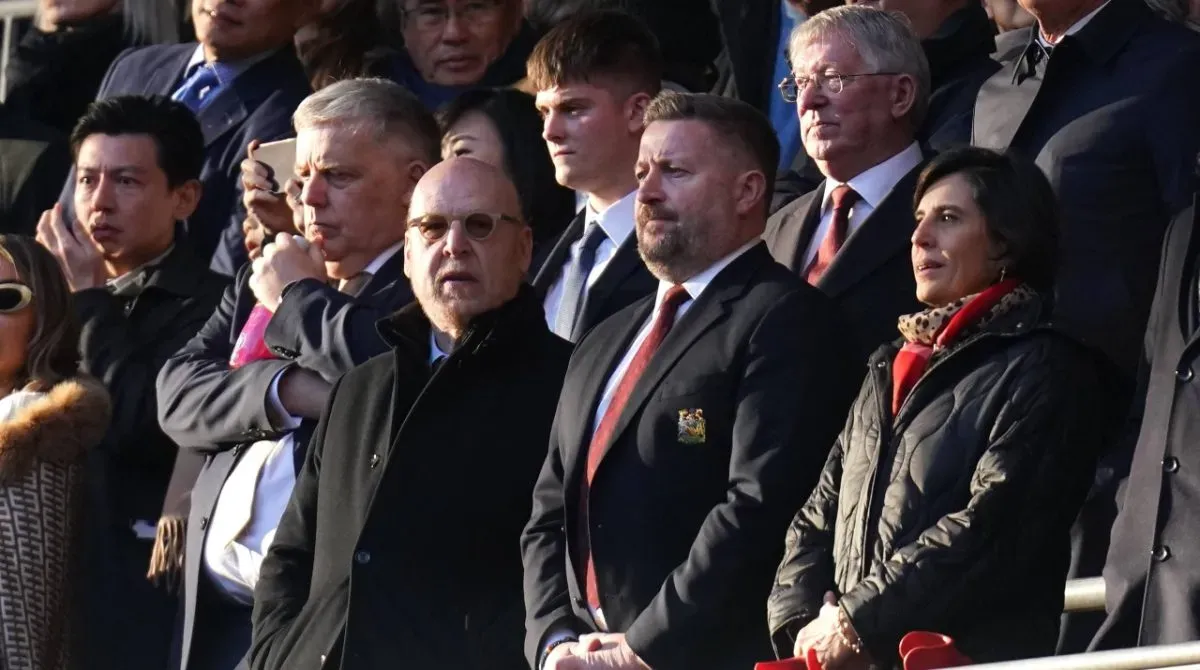
What do we want in the owner of our favorite soccer club? We want someone who cares and whose primary interest is the success of our club. We want them to spend whatever it takes to win, whatever that means. Fans prefer them to be local and to have gone on the same emotional roller coasters we have following our club. We definitely don’t want them to support politicians or political issues we do not. We want them to be accessible, and yet cool and remote.
In essence, we want them to be… a fictional person.
Sports owners today are not who we want them to be because such a person is not practical. The people who can afford to own soccer clubs do not get the wealth they need from acting and being who we, the fans, want. Even Mark Cuban, who has styled himself as a fan owner, just sold his basketball team to casino owners. The question for fans is this: What level of uncomfortable can you be with your owner while still rooting for the team?
Journalist Chris Blackhurst takes an example of one of soccer’s most hated ownership groups in his new book. The World’s Biggest Cash Machine: Manchester United, the Glazers, and the Struggle for Football’s Soul, is a book that dives into a review of the Glazers and their impact on Manchester United. The book shines a light on not only the club but on the sport. Blackhurst’s work intends to share the whole story of how the Glazers took over the club. Since doing that in the 2000s, the American family used it for financial gain above all. While doing this he shows how modern fans have to either question or ignore the men and women who finance the club.
Book Review: Glazers adding problems to United
Blackhurst does not start with the Glazers slowly taking control. He goes back to the beginning of the club. When the Glazers enter the picture, we see that shady board members and owners are common in the club’s history. What he does show is that the Glazers’ majority control was not pre-ordained. Rather, he points to Sir Alex Ferguson’s row over his share of the racehorse Rock of Gibraltar. In many ways, Ferguson’s battle with the owners of the club, John Magnier and his partner J.P. McManus, allowed the Glazers to be seen as the preferred alternative. Blackhurst walks readers through the Glazers’ history and business practices before showing how they slowly and seemingly innocently became the owners Manchester United needed.
As many of us know, the Glazers used debt to finance their purchase of United shares. Rather than buy down the debt, the American family used the prodigious income to benefit their portfolios. Since the family is notoriously publicity adverse, Blackhurst cannot rely on their own words to understand their business decisions. Instead, he pulls from his sources, media reports, fans and people in the business. The book ends with the final three chapters looking at the modern owner, including how Chelsea’s sale potentially impacts the Glazers future decision about Manchester United.
Modern-day United
It also talks about the recently reported interested investors in Manchester United. Blackhurst compares them based on their history. In reality, none are the perfect owners for fans, and in the modern billion-dollar ownership game, it may never be. Chelsea traded an ally of Vladimir Putin for an American who wants to Americanize the sport in ways that, as Blackhurst notes, could be incredibly lucrative to the game. At the same time, these changes require making the sport look more like American football than English football.
This book is a great read for people who want to see just how Manchester United’s fan/ownership feud came about, but it also forces us to ask ourselves some tough questions. How offensive can our owners be to our sensibilities as fans before we become hypocrites? And if they are good at business – like the Glazers are – do wins justify the other side of how they operate?
PHOTOS: IMAGO
200+ Channels With Sports & News
- Starting price: $33/mo. for fubo Latino Package
- Watch Premier League, Liga MX & Copa Libertadores
The New Home of MLS
- Price: $14.99/mo. for MLS Season Pass
- Watch every MLS game including playoffs & Leagues Cup
Many Sports & ESPN Originals
- Price: $10.99/mo. (or get ESPN+, Hulu & Disney+ for $14.99/mo.)
- Features Bundesliga, LaLiga, NWSL, & USL
2,000+ soccer games per year
- Price: $7.99/mo
- Features Champions League, Serie A, Europa League & EFL
175 Premier League Games & PL TV
- Starting price: $7.99/mo. for Peacock Premium
- Watch 175 exclusive EPL games per season






